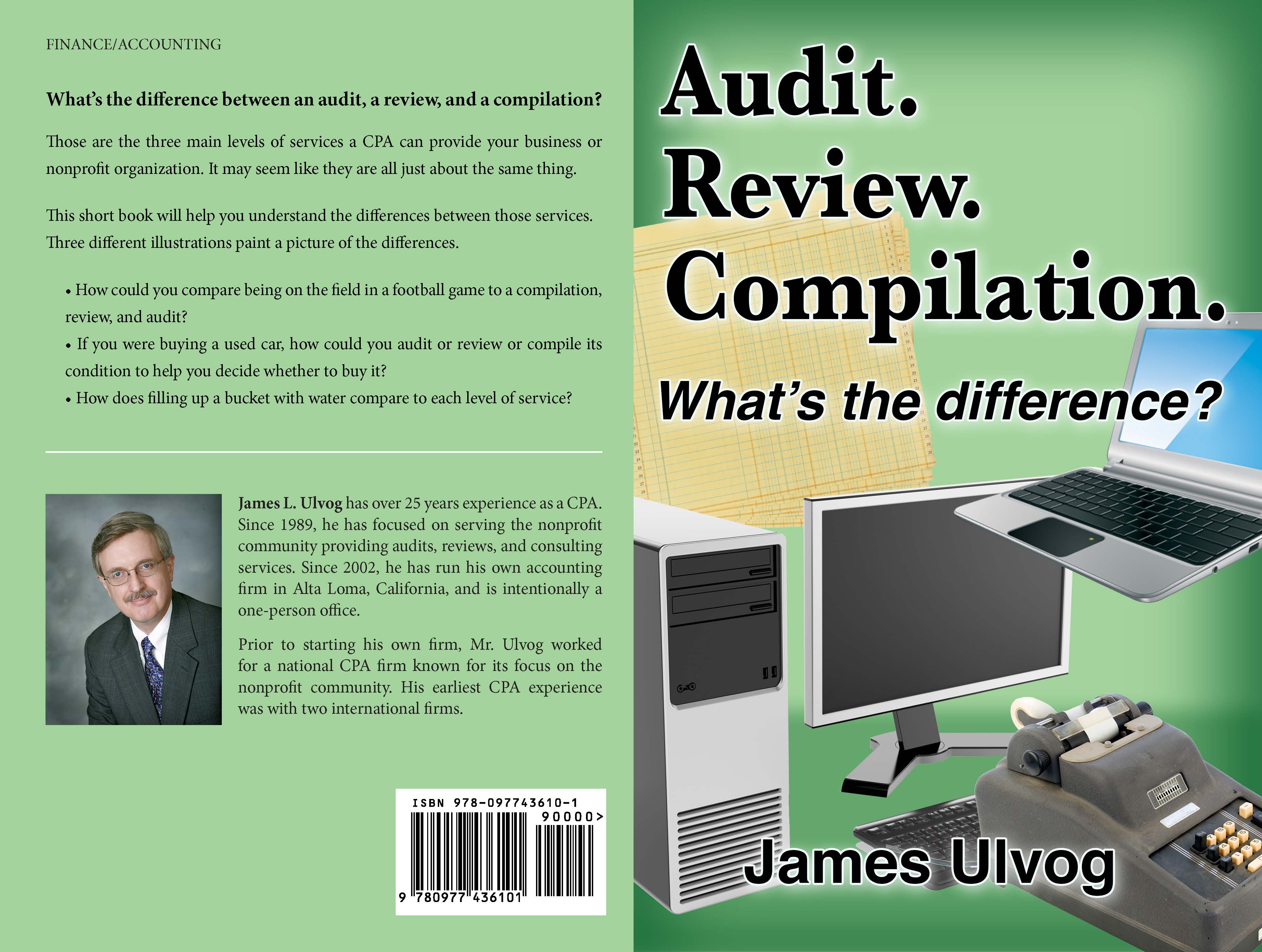
This is the eleventh in a series of posts diving into the detail mentioned in the complaint by FTC and all Attorneys General against four named cancer charities.
This is the third post on comments in the complaint addressing valuation at an overall level.
The complaint can be found here. My posts in this series are visible using the FTC tag.
On the impact of the allegedly misstated information: (more…)




